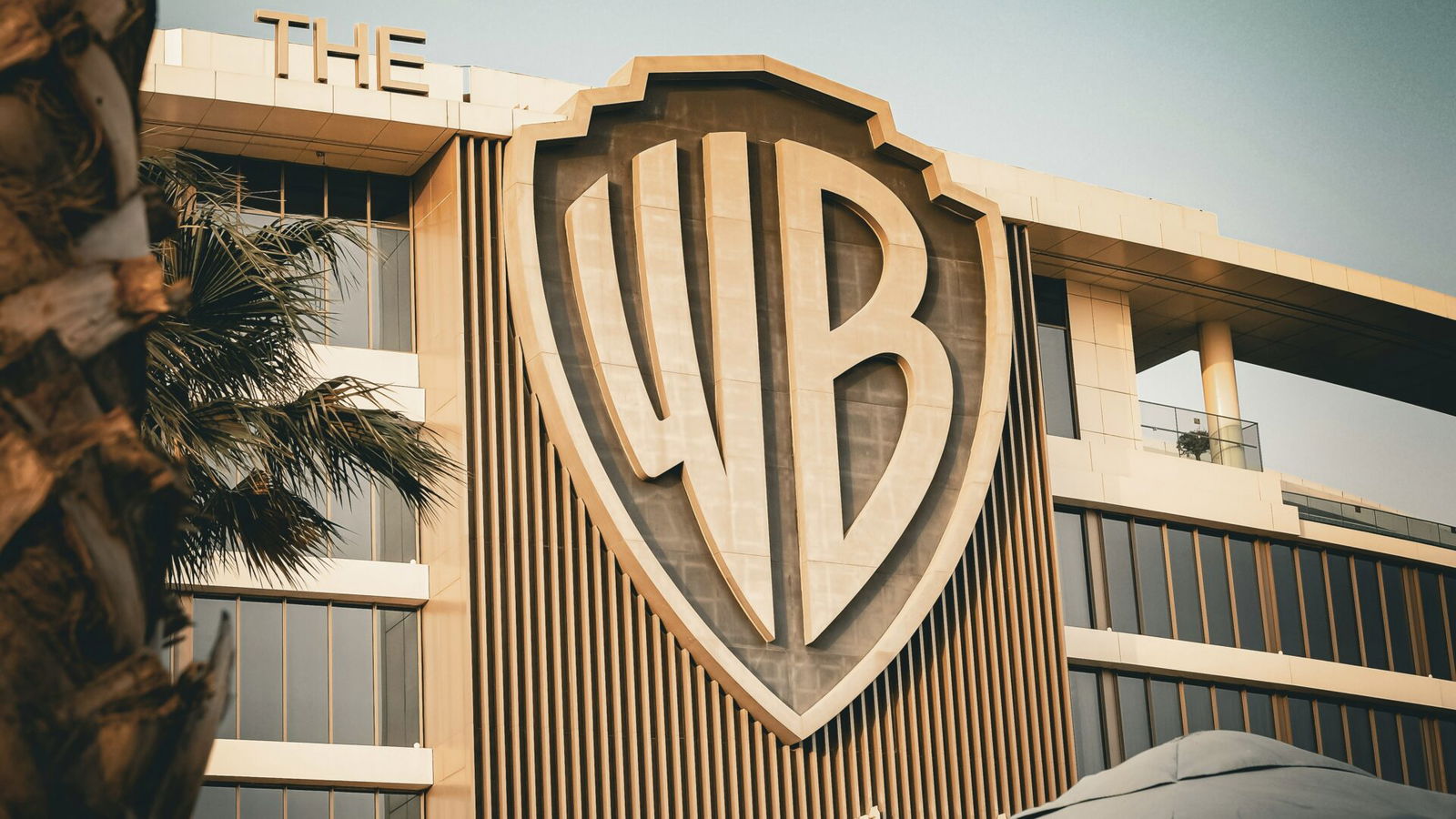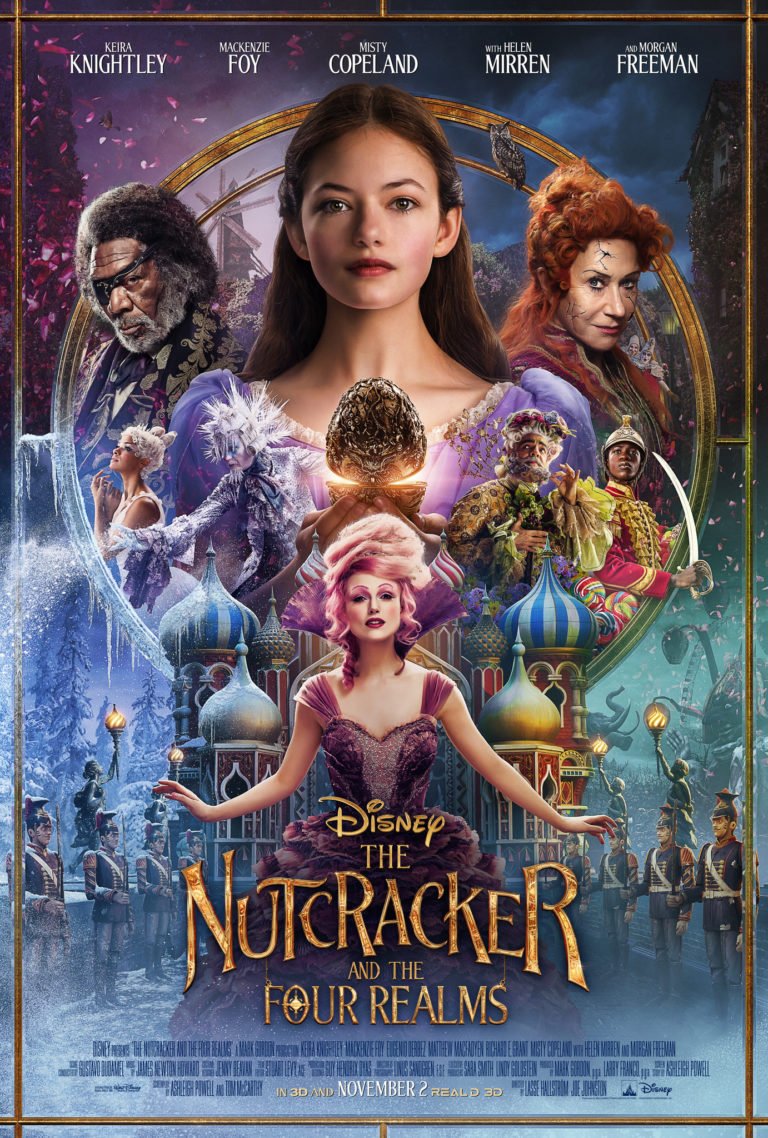
By Gavin Boyle
When Warner Bros. Discovery (WBD) announced its split this summer, it was clear the TV asset-heavy Discovery would take on most of the company’s debt; we now know it plans to tackle this problem by selling its given 20% stake in Warner Bros., something it is already pursuing.
“We could,” said Gunnar Wiedenfels, the future CEO of Discovery Global Networks, when asked if his company could sell its 20% stake before the split even closes. “But it’s a trade-off because we want to get full value for it. It’s a huge building block in this whole transaction, to get an equity injection at the right valuation.”
Reducing debt will be Wiedenfels’ main focus when Discovery becomes its own entity again as it will take on a majority of WBD’s current debt. When Warner Bros. and Discovery merged in 2022, the result was $40 billion in debt, $19 billion of which the company has already paid off. While Discovery will not take on the entirety of the remaining $21 billion, most of it will go its way.
Related: Warner Bros. Discovery’s Split Explained
“It’s safe to assume that the majority of the debt will live with [Discovery] Global Networks, and a smaller but not insignificant portion with Streaming and Studios,” Wiedenfels said in June when the split was announced.
With Discovery taking on most of the debt, along with the less-than-optimistic business of cable TV, it may seem like this split is completely one sided. However, this isn’t the case as Warner Bros. will have much less ability to produce its own shows for HBO Max while also relying more heavily on the theater business, which is problematic in its own right.
As it copes with the loss of some of its IP, Warner Bros. is focusing its streaming platform on an adult audience, allowing Disney, Netflix and YouTube to fight it out for kids content. This is extremely disappointing, though, as Warner Bros. controls numerous beloved kids IP such as THE FLINTSTONES, LOONEY TOONS and dozens more through Warner Media and Cartoon Network. In August, all SCOOBY-DOO episodes were removed from the platform other than the Max original VELMA, which targets an older audience.
“This evolution has been influenced by changing consumer needs, and the fact that no consumer today is saying they want more content, but most consumers are saying they want better content,” WBD said in a statement. “With other services filling the more basic needs with volume, WBD has clearly distinguished itself through its quality and distinct stories, and no brand has done that better and more consistently over 50-plus years than HBO.”
It will be interesting to see how this split ripples throughout the entertainment industry, especially as it allows Discovery to make more aggressive moves in its fight to remain afloat as it goes all in on the failing TV ecosystem.
Read Next: That’s Not All, Folks! LOONEY TUNES Finds New Home
Questions or comments? Please write to us here.


 - Content:
- Content: 
 – Content:
– Content: 
